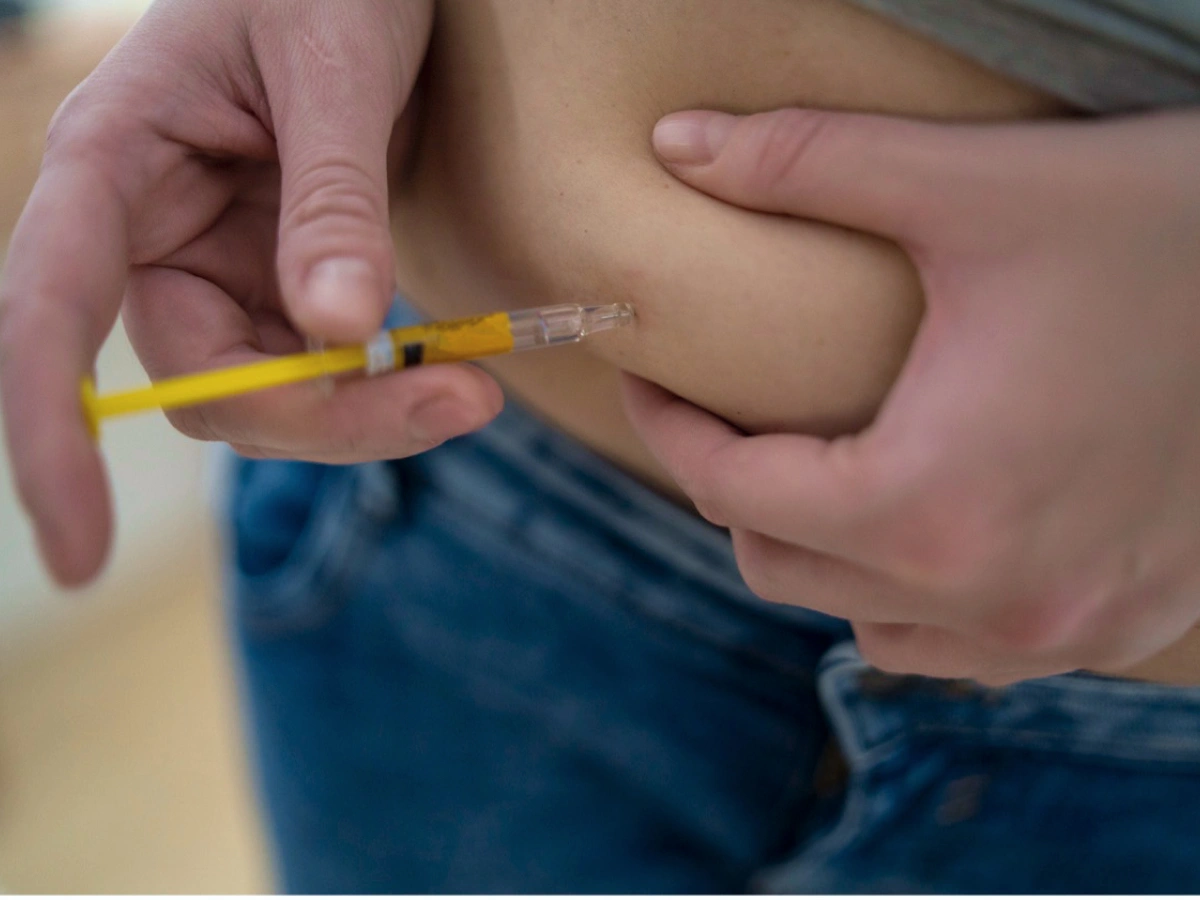
In Vitro Fertilization (IVF) Medications: An Introduction
Medications We Use
At Tennessee Fertility Institute, we use several different types of medications throughout the in vitro fertilization (IVF) cycle. Below, we’ll walk you through a few of the medications you may come across during your fertility journey.
Precycle Synchronization Medications
Following your new patient appointment, completion of required ultrasound(s) and labs, and coordinator appointments, your physician and Patient Care Coordinator (PCC) will develop a cycle protocol and treatment plan with you.
Your protocol may include precycle medication to prevent premature follicle development, including oral contraceptives such as birth control pills, oral estrogen medications like Estrace, and antagonist injections like Cetrotide and Ganirelix. Your physician will make a recommendation based on your needs.
Stimulation Phase Injections
To begin the IVF process, the doctor will prescribe daily injections of fertility medications containing follicle-stimulating hormone (FSH), luteinizing hormone (LH), or low-dose chorionic gonadotropin (CG) to promote the maturation of the eggs which can then be retrieved and cryopreserved for future use or donated to a family in need.
Medications that contain FSH include Follistim and Gonal-F (pure FSH). Menopur is a medication that contains both FSH and LH. Additionally, a microdose of Lupron or antagonist medications such as Cetrotide and Ganirelix are often used to stop ovulation before retrieval.
Your care team will provide instructions on administering injections to yourself and will always be available to answer any questions.
How the Medications Work
Your IVF cycle begins once you start your injectable medications. The goal of these medications is to produce multiple eggs to be retrieved. Your physician will monitor follicle growth and the ovary’s response to the medications.
Follicles are fluid-filled sacs inside the ovary, and each ovary contains hundreds of thousands of follicles. A follicle contains one egg (oocyte) surrounded by cumulus cells that support the egg’s development.
In a normal menstrual cycle, one follicle grows and ovulates one egg, and the other follicles die off. Fertility medications stimulate multiple follicles to respond simultaneously, preserving the other follicles. This allows for numerous mature eggs to be retrieved.
Monitoring Your IVF Cycle
Stimulation medications are taken for anywhere from 10 – 14 days, depending on your treatment plan. During this time, you will visit the clinic 3 – 5 times to monitor follicular development and hormone levels.
These appointments have two parts. The first is a blood test for a hormone known as estradiol. As the follicles mature, granulosa cells secrete the hormone. Hormone levels increase as eggs mature and follicles grow. Monitoring the change in hormone levels allows for follicle development to be followed.
The second is a vaginal ultrasound examination to view the ovaries and determine how many follicles are growing. The number of follicles indicates the success of the response to the medications, and larger follicles are a sign of mature eggs. Everyone responds to IVF medications differently, with age, ovarian reserve, and dosage being just a few variables. Once follicles have grown to the preferred size, medication ceases. Your physician will inform you of this and you should not stop taking medication without instruction.
Preparing for Egg Retrieval
The next step in your cycle is to prepare for your egg retrieval, a minor surgical procedure which uses an ultrasonic probe to guide a thin needle through the wall of the vagina into the ovary to collect mature eggs.
When your follicles have grown and the eggs are mature enough for retrieval, you will stop taking your stimulation medications and receive instructions to take one or more trigger injections. Trigger injections give the final maturation signal and prepare the eggs for retrieval. We often use human chorionic gonadotropin (hCG, widely known as Novarel or Pregnyl), Lupron, or a combination of both.
The timing of this shot(s) is critical, because it triggers the last stages of egg maturation. Your care team will determine the timing of this shot for you and your retrieval will happen 36 hours later.
Preparing for the Embryo Transfer (ET)
Depending on your treatment plan, you may proceed with a fresh or frozen embryo transfer (FET). This is the final step of IVF and involves transferring the embryo(s) with an ultrasound-guided catheter with a procedure that’s similar to receiving a routine pap smear. Tennessee Fertility Institute follows the American Society for Reproductive Medicine (ASRM) guidelines and typically transfers one embryo at a time.
You will also receive injectable or vaginal progesterone to help prepare your uterus for an embryo transfer. If it’s a frozen transfer, medications such as leuprolide and estrogen tablets or patches may also be prescribed.
If you have questions about your treatment plan or prescribed medications, please contact your care team. Remember that they are there for you throughout your fertility journey. If you’re ready to begin your journey with TFI, schedule your first appointment now!

